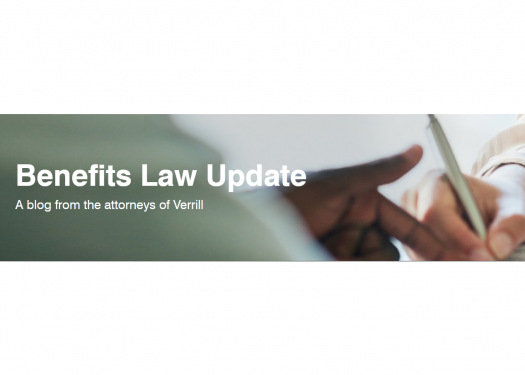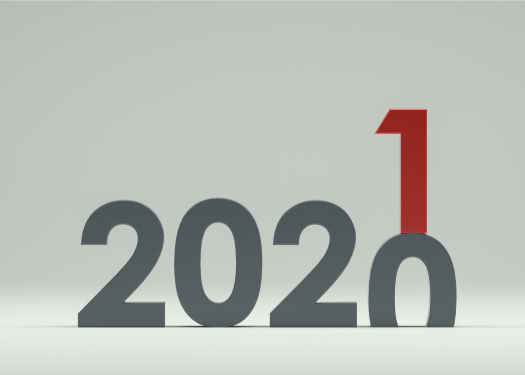Blog Posts: Benefits Law Update
Visit the Full BlogNamed a Top 10 Blog in Compensation and Benefits, Verrill's attorneys use the Benefits Law Update blog to provide timely updates and commentary on developments in law affecting employee benefit plans and executive compensation arrangements.
Safe Harbor Exception for De Minimis Dollar Amount Reporting Errors
DOL Continues Enforcement of Non-Quantitative Treatment Limitation Requirements
Proposed Regulations on How to Use Forfeiture Accounts: Helpful Guidance and a Great Reminder to Plan Sponsors
ERISA Section 404(c) Protection: A Refresher for Fiduciaries
DOL Signals Heightened Enforcement of Non-Quantitative Treatment Limitation Requirements
Nonqualified Deferred Compensation and the Special Timing Rule HR Professionals Should Be Aware of for FICA Tax Purposes

Retirement Plan Administrators: Are You Ready to Comply with the New Lifetime Income Disclosure Requirement for Benefit Statements?
Employee Benefits & Executive Compensation 2021 Summer Client Advisory
ESG Ping-Pong®
Employee Benefits & Executive Compensation 2020 Year-End Client Advisory













